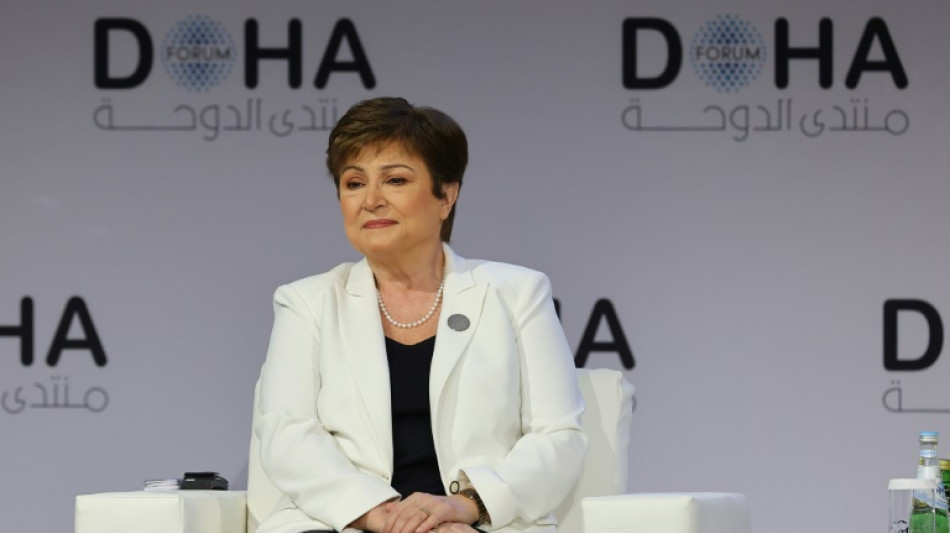
RBGPF
0.1600


Temperatures in the Middle East and Central Asia have risen 1.5 degrees Celsius (2.7 Fahrenheit) since the 1990s, twice the global average, according to an International Monetary Fund report released on Wednesday.
The region is on the "frontlines" of the climate crisis, with food security and public health in danger, and increased risks of poverty and conflict, the report warned.
In an average year this century, climate disasters in the Middle East and Central Asia have injured and displaced seven million people and caused more than 2,600 deaths, along with $2 billion in physical damage, it said.
"Over the past two decades, the frequency and severity of climate-related disasters here have been rising faster than anywhere in the world," said IMF managing director Kristalina Georgieva, launching the report at the World Government Summit in Dubai.
"The list of disasters is quickly getting longer. And the economic and financial implications of these climate impacts are a major threat to growth and prosperity in the region," she added.
The report found that average temperatures have increased 1.5 Celsius in the region this century, against global figures of 0.7 Celsius, while precipitation has become more erratic and disasters like drought and floods have increased.
"Climate adaptation is an urgent priority for the region," it said, calling for policies to reflect climate priorities, and spending on social protection and infrastructure such as water systems.
Y.Watanabe--JT